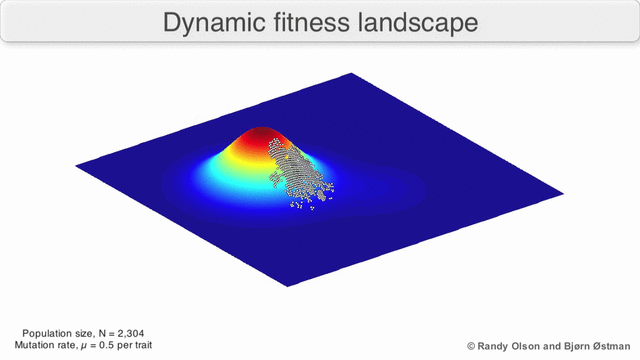Quantas vezes já senti esta suspeita ...
"As I will show, reliance on models for information tends to lead to a kind of accountability gap. Who is responsible if a model makes harmful predictions? The notion of 'following the science becomes a screen behind which both decision-makers and scientists can hide, saying the science says we must do X' in some situations and 'it's only a model' in others. The public are right to be suspicious of the political and social motives behind this kind of dissimulation. Scientists and other authorities must do better at developing and being worthy of trust by making the role of expert judgement much clearer, being transparent about their own backgrounds and interests, and encouraging wider representation of different backgrounds and interests.
...
Taking models literally and failing to account for the gap between Model Land and the real world is a recipe for underestimating risk and suffering the consequences of hubris. Yet throwing models away completely would lose us a lot of clearly valuable information. So how do we navigate the space between these extremes more effectively?"
Trechos retirados de "Escape from Model Land" de Erica Thompson.




























%2006.21.jpeg)












